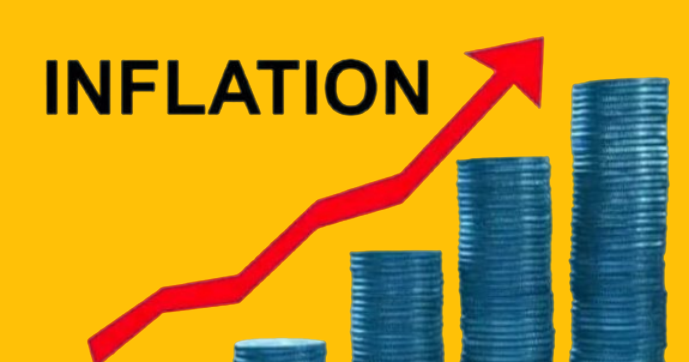During the recent International Monetary Fund/World Bank Spring Meetings in Washington D.C., the IMF released its Global Economic Outlook, providing insights into Nigeria’s economic trajectory. Highlighting Nigeria’s economic reforms, including exchange rate adjustments, Division Chief Daniel Leigh pointed out that these measures contributed to a surge in inflation, reaching 33.2 percent in March.
Recent data from the National Bureau of Statistics corroborates the IMF’s observation, indicating a rise in Nigeria’s inflation rate to 33.2 percent. Additionally, the food inflation rate surpassed 40 percent in the first quarter of 2024. Leigh projected a decline in inflation to 23 percent next year and further to 18 percent in 2026, differing from the previous year’s prediction of a single-digit (15.5 percent) inflation rate for 2025.
Despite Nigeria’s inflation target being missed for over a decade, the IMF anticipates that tight monetary policies and significant interest rate increases will help curb inflation. Pierre Olivier Gourinchas from the IMF Research Department emphasized the importance of bringing inflation back to target, underscoring the risks posed by geo-economic fragmentation to global growth prospects.
Gourinchas highlighted the impact of rising oil prices and persistent services inflation worldwide, cautioning against the potential loss of efficiency in the global economic landscape due to changes in trade linkages. He stressed the need for careful calibration of monetary policy and the preservation of improvements in monetary, fiscal, and financial policy frameworks to ensure a resilient global financial system and prevent a permanent resurgence in inflation.
Related posts:
Christians criticize Asake for latest music video, "Only Me"3 months ago
Breaking News
Students Disrobe Kogi University Lecturer Accused of Sexual Harassment3 months ago
Breaking News
Niger State Civil Service Commission Recruitment 20243 months ago
Breaking News
Children desert ailing 81-year-old father at Ogun hospital3 months ago
Breaking News
Four Million UTME Candidates Unadmitted in Four Years3 months ago
Breaking News
